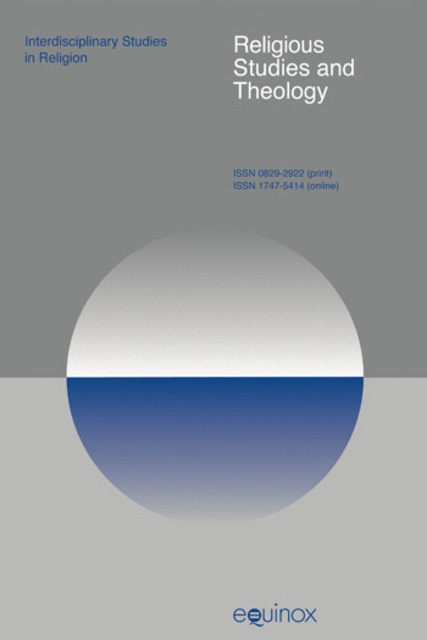Eyes Upon the Land: Chabad Lubavitch on Israel

Mezvinsky, N., & Kolb, J. (2013). Eyes Upon the Land: Chabad Lubavitch on Israel. Religious Studies and Theology, 32(1), 7–21. https://doi.org/10.1558/rsth.v32i1.7
Full description
Originating in eighteenth century Russia, present day Chabad Lubavitch is strongly shaped by the thought and previous leadership of the seventh and last Chabad Rebbe, Menachem Mendel Schneerson. In keeping with the two preceding Chabad Lubavitch Rebbes, Schneerson remained essentially opposed to major aspects of political Zionism; he distinguished clearly between the land of Israel and the state of Israel. Schneerson maintained, as did his predecessors, that Redemption would occur only with the coming of Moshiach (the Messiah). Given the fact of the state's existence after 1948, however, Schneerson modified to some extent the previous extreme anti-Zionism of Chabad Lubavitch and put great emphasis upon the security of Jews and of the Holy Land. In 1997, three years after Shneerson's death, a lengthy article titled "Eyes Upon the Land" was posted to the Chabad website and was edited by rabbinical affiliate Eliyahu Touger into a book. The following examination of the text Eyes Upon the Land: The Territorial Integrity of Israel: A life Threatening Concern provides insight into an influential sector within the context of which Ibrahim Abu-Rabi spoke and wrote.
- typeImage
- created on
- file formatjpeg
- file size31 KB
- container titleReligious Studies & Theology
- creatorNorton Mezvinsky & Joshua Kolb
- issn1747-5414 (online)
- issue32.1
- publisherEquinox Publishing Ltd.
- publisher placeSheffield, United Kingdom
- rightsEquinox Publishing Ltd.
- volume
- doi
We use cookies to analyze our traffic. Please decide if you are willing to accept cookies from our website. You can change this setting anytime in Privacy Settings.
